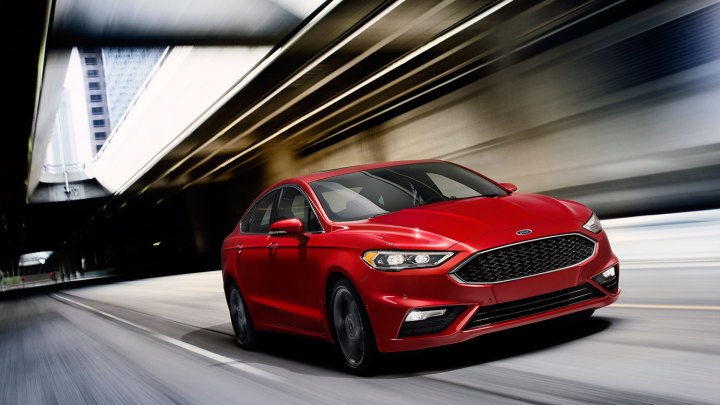
The new subsidiary will operate out of Ford’s hometown of Dearborn, Michigan, as well as Palo Alto, California. Jim Hackett, until now a member of Ford’s board of directors, will lead the new venture. Hackett has served on the Ford board since 2013, and was previously vice chairman of office furniture company Steelcase.
Ford says the Smart Mobility subsidiary is “designed to compete like a startup company,” and will work with both existing divisions of its parent as well as startups and tech companies. Ford Smart Mobility’s stated goal is to “develop commercially ready mobility services and invest in promising mobility-related ventures.”
The company already has a head start in that area. Over the past few years, Ford has applied the Smart Mobility name to around 30 pilot programs, research projects, and services worldwide. These have focused on what the company considers to be key tech-related trends, including autonomous cars, ride sharing services, and Big Data.
Those include Dynamic Shuttle, a program at Ford’s Dearborn campus that allows employees and visitors to get point-to-point rides on demand, and FordPass, a service meant to streamline trips by coordinating things like parking. At CES 2016, Ford also announced that it will triple its fleet of autonomous test vehicles. The company is widely believed to be mulling a partnership with Google for self-driving cars.
All of this is meant to help Ford gain a foothold in what it believes to be a major future area of the car business. Speaking at CES in January, Ford CEO Mark Fields said transportation services are already worth $5.4 trillion, compared to $2.3 trillion for the car industry itself. Many analysts believe Ford is on the right track, predicting that the combination of ride-sharing services and autonomous vehicles will erode traditional car ownership in the coming years.


